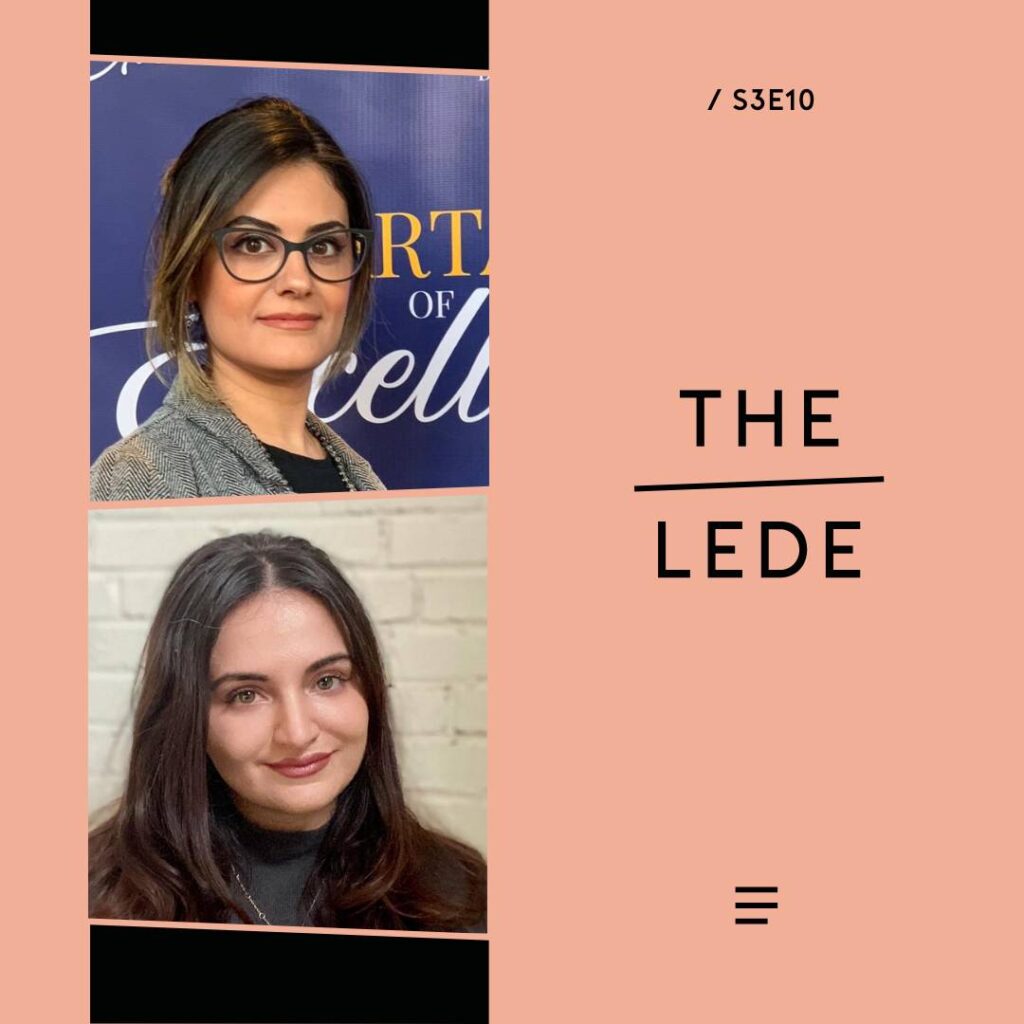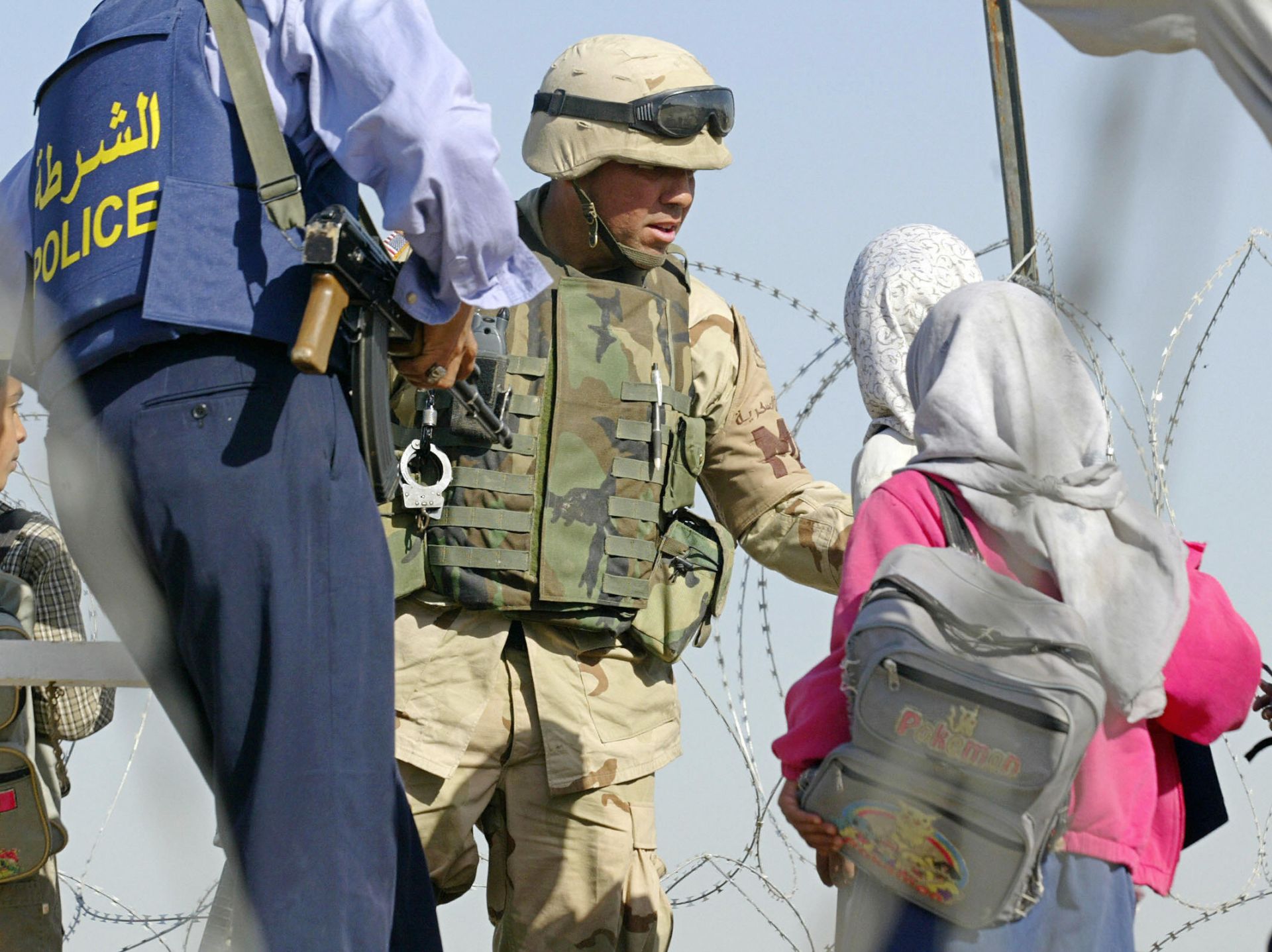Noor Ghazi was 13 years old when the U.S. and its allies declared war on Iraq.
“We gathered at my grandparents’ house, because it was far away from any strategic location that might be targeted by the coalition,” she tells New Lines magazine’s Rasha Al Aqeedi, who also lived through the war. “I was listening to the clock ticking. It sounded very slow, like it was just dragging itself out to stop this war from happening.”
But her family couldn’t avoid the presence of the foreign troops forever. At first it wasn’t so bad — Ghazi recalls soldiers handing out food and toys to neighborhood children. Yet things soon changed as the occupiers fought to quell the mounting resistance. When a passing American convoy was attacked, her best friend, Raghad, was killed in front of her in the ensuing shootout. “They just randomly opened fire, and she fell on the ground, and she died instantly.”
The Americans recorded her death as “collateral damage.”
“For me, it hurts,” Ghazi remembers. “Knowing that she was just buried as a statistic. As a number.”
“It hurts, knowing that she was just buried as a statistic. As a number.”

As the violence intensified, many Iraqis made the painful choice to flee the country. After her father’s cousin was tortured to death by sectarian militants, Ghazi’s own family eventually came to the same decision. “I cried, and I said, ‘But you said we will never go on to leave,’” she recalls. “We came to the United States, and I was in a state of denial. … How do I live in America now? This country who invaded us?”
Today, she still lives in the U.S. She has visited Iraq, but after nearly two decades of war, she no longer recognizes it as the home she left behind. “So I decided that my heart is in Iraq,” she says. “But I’m still living here today, because I want to offer my little girl a better life.”
“I don’t want her to suffer or be through what we have all been through.”
Produced by Joshua Martin and Christin El-Kholy


